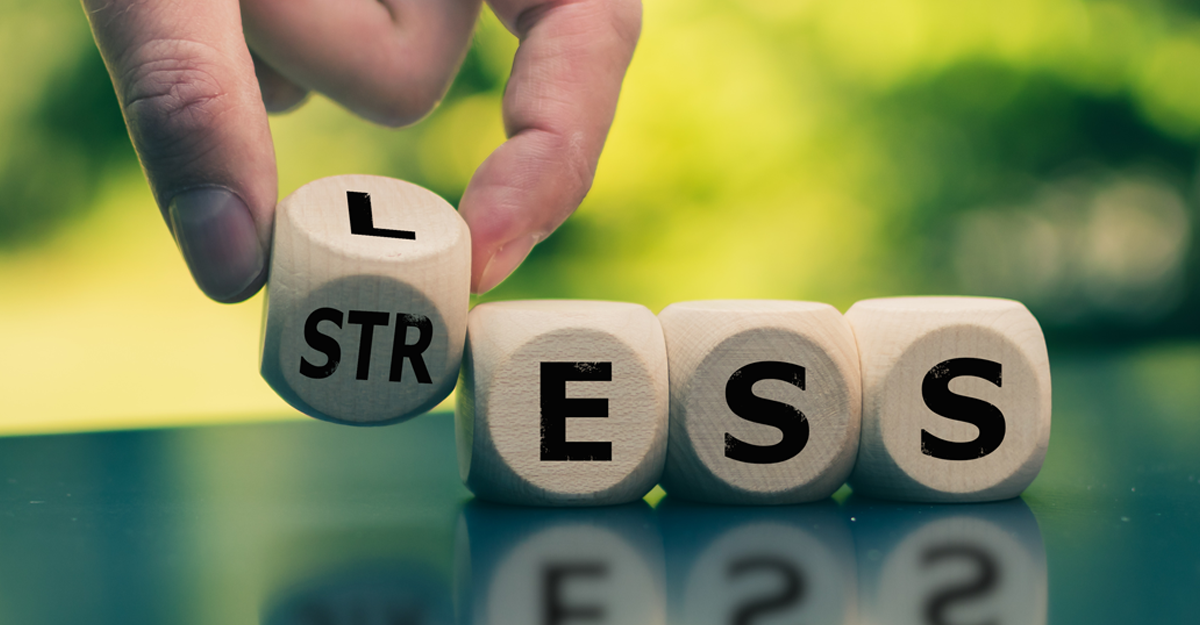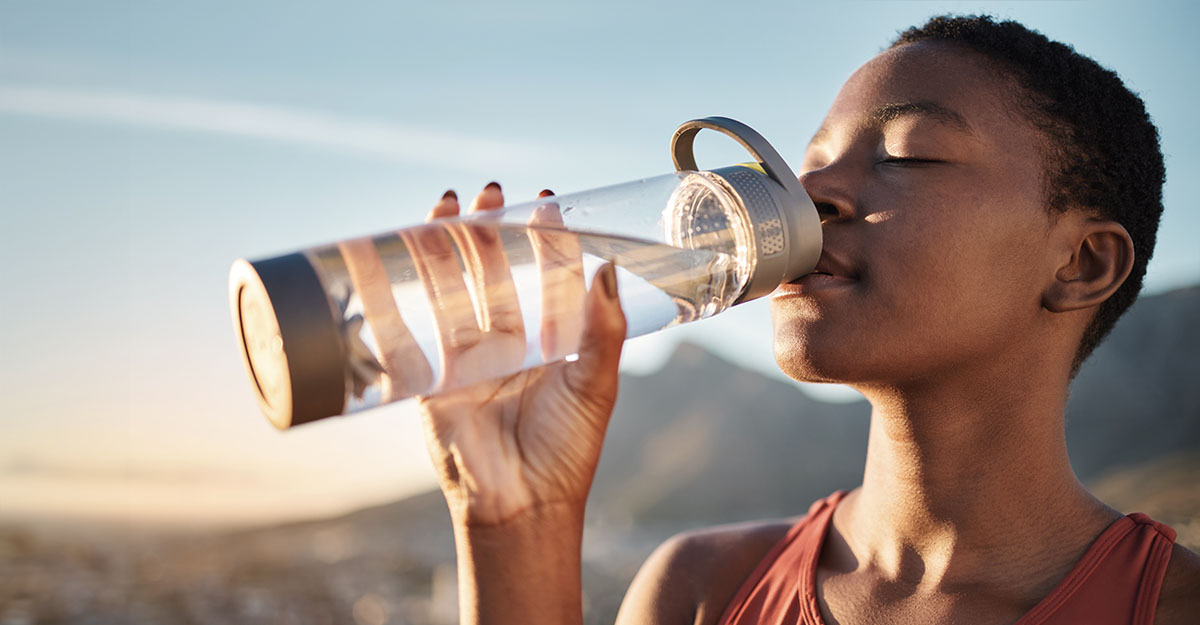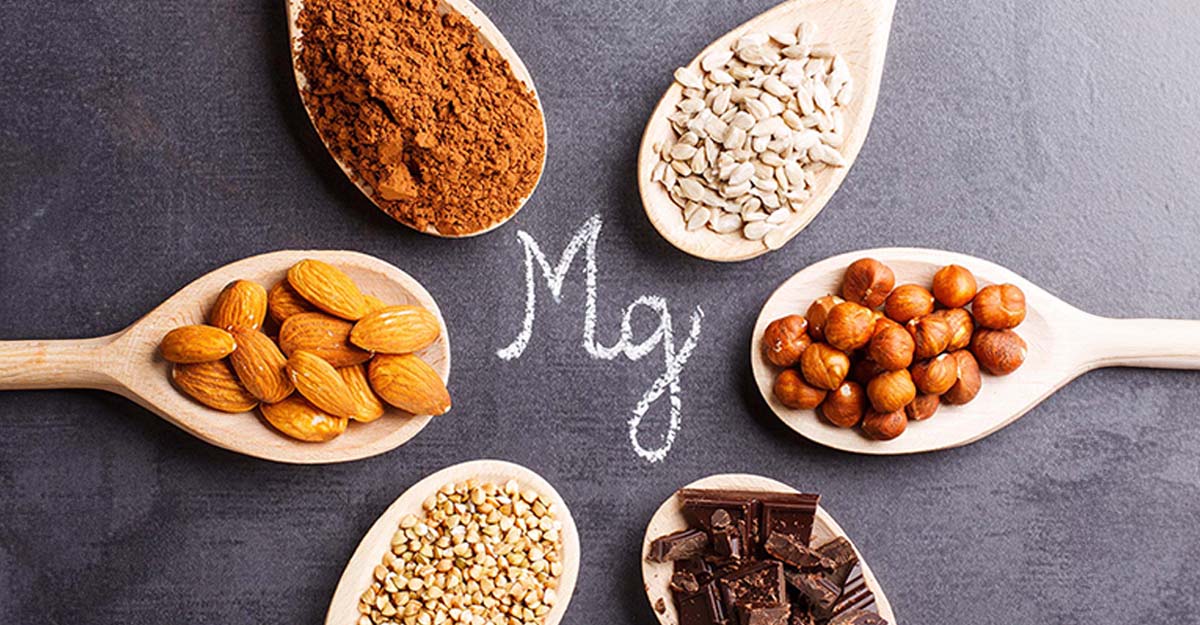
Once again, the summer is ending all too soon, and families are looking forward to (or, in many cases, dreading) the first day of school.
The transition from summer vacation to school is not easy, particularly when it comes to sleep. Many families develop a lazy sleep schedule during the summer. When school returns, they must adjust to going to sleep and getting up earlier. And the stress of starting school doesn’t help!
Fortunately, several sleep aids, such as melatonin and magnesium glycinate powder, are on the market. These aids help you achieve better sleep without unwanted side effects.
What is the Best Sleep Aid for Families?
Natural Healthy Concepts offers various magnesium glycinate powder and melatonin products that can help kids achieve high-quality sleep. They include:
- Jigsaw Health MagSoothe Powder, Raspberry Lemonade: Jigsaw Health provides wellness products based on the core principles of magnesium, water, and air. Their MagSoothe Powder provides a highly bioavailable dose of magnesium glycinate powder to aid with sleep and offer other health benefits. Kids will enjoy the tart flavor.
- Thorne Research: Thorne Research is known for its innovative supplements. Thorne vitamins include a Magnesium Bisglycinate Powder that can be mixed into a magnesium drink to aid sleep, heart health, and blood sugar regulation. Thorne vitamins also offers magnesium glycinate capsules that provide similar results through varied delivery methods.
- TruHeight Kids Sleep Drops: TruHeight offers innovative health products for kids and teens. Their Sleep Drops feature an herbal blend that boosts immunity, improves sleep, and offers antioxidant support. Give them to kids orally or blend them into a magnesium drink for optimal effects.
- Natrol Melatonin for Kids 1mg Gummies: Natrol prides itself on being a trusted supplement brand. Its non-habit-forming gummies help kids fall asleep faster and stay asleep longer.
- Zahler Junior Melatonin 1 mg: Zahler is committed to purity and transformative wellness. Junior Melatonin is a grape-flavored chewable tablet that improves sleep, boosts energy, and enhances mood.
- Natural Vitality Calm Gummies Raspberry Lemon: Natural Vitality produces premium quality supplements. Its Calm Gummies support healthy magnesium levels, reduce sleep, and relax muscles to support better sleep.
- DaVinci Labs Liposomal Melatonin Spray: DaVinci Labs offers wellness products made with raw ingredients and no foreign agents. Their Liposomal Spray improves immunity, balances mood, and supports circadian rhythms.
Check out other Sleep Support and Children’s Health supplements from Natural Healthy Concepts. Read our article on the Five Best Sleep Gummies to learn more about our recommended products.
Melatonin and Sleep
Melatonin is a naturally produced hormone. Levels increase at night, reacting to the darkness, to promote sleep. When our bodies don’t make enough melatonin, we may experience sleeplessness.
Various manufacturers produce melatonin products that compensate for the lack of hormone production, helping consumers achieve better rest. Thorne vitamins and the other sleep supplements listed above can help!
Magnesium and Sleep
Magnesium is a mineral known to produce several health benefits. It improves heart health, helps regulate blood sugar, supports muscle function, and may even reduce migraines. Its ability to slow down the nervous system, promote relaxation, regulate melatonin levels, and reduce stress makes it an effective sleep aid.
You may take magnesium capsules or add powder to a beverage to produce a magnesium drink, which can help you achieve more restful sleep.
Which Magnesium is Best for Sleep?
You may consume a magnesium glycinate drink or take the mineral in capsule form to experience better sleep. Beyond that, there are various types of magnesium, such as magnesium citrate, magnesium taurate, and magnesium glycinate. So, which one is the best magnesium for sleep?
Generally, magnesium glycinate is the best choice because it’s highly bioavailable and made with the amino acid glycinate, which works with magnesium to reduce stress and improve sleep.
Which is Better: Magnesium or Melatonin?
Magnesium and melatonin are effective sleep aids, but which is best for your needs? Here are some pros and cons to consider:
- Fast Acting: Melatonin acts quickly, making you sleepy within an hour or less. Magnesium builds up in your system for a more gradual effect.
- Safety: Both magnesium and melatonin interact with some supplements and medications. Melatonin has also been criticized because its long-term effects are unknown. It may also delay puberty in children.
- Other Effects: People who take a magnesium glycinate drink or powder for sleep may see other health benefits, such as better heart health and blood sugar regulation. Those who take melatonin may experience improved immunity, but the benefits are not as great.
Can You Take Magnesium and Melatonin Together for Better Sleep?
Both melatonin and magnesium are effective in improving sleep. But can you take the two together?
A 2011 study revealed that supplementing with melatonin, magnesium, and zinc improved sleep among 43 participants with insomnia. Further research shows that the minerals could be beneficial when taken together, as magnesium supports melatonin production. However, speaking to a physician before combining health products is always best.
Other Ways to Help Your Child Sleep Better
Supplementation is not the only way to help your child sleep better. Here are some other remedies you can try:
- Stick to a Regular Sleep Schedule: Encourage children to sleep at the same time every night and wake up at the same time each day to adjust to a regular sleep schedule.
- Limit Electronics at Night: Research reveals the blue light from electronics can interfere with melatonin production. Limiting exposure to devices at night can promote better sleep.
- Discourage Napping: Children who nap during the day may not be tired at night. Discourage napping or keep it to a minimum.
- Encourage Exercise: Exercising reduces stress and promotes better sleep at night. Encourage children to exercise, but limit nighttime workouts to ensure sleepiness.
- Create a Bedtime Routine: Ensure children are sleepy at bedtime by dimming the lights and encouraging them to engage in reading or another relaxing activity.
FAQs
Which is better for sleep: melatonin or valerian root?
Both valerian root and melatonin can improve sleep. However, melatonin is more fast-acting, while valerian root builds up naturally. Each also produces side effects and interactions that may guide your decision.
How long after taking magnesium will I sleep better?
Most people start sleeping better within a few days to two weeks after taking a magnesium glycinate drink or capsules. Melatonin works immediately, and consumers often feel the effects after 30-60 minutes.
What is the 10 3 2 1 0 Sleep Routine?
The 10 3 2 1 0 sleep routine means:
- No consuming caffeine 10 hours before bed
- No food or alcohol 3 hours before bed
- No work 2 hours before bed
- No screens 1 hour before bed
- No hitting the snooze button in the morning
Conclusion
Magnesium and melatonin are two supplements that support sleep, but using quality products for optimal effects is essential. Natural Healthy Concepts offers a wide selection of all-natural products that boost general wellness without unwanted side effects. Talk to our practitioners to find the products best suited to your needs. Contact us to learn more about what we have to offer.
* These statements have not been evaluated by the Food and Drug Administration. The products mentioned are not intended to diagnose, treat, cure, or prevent any disease.




